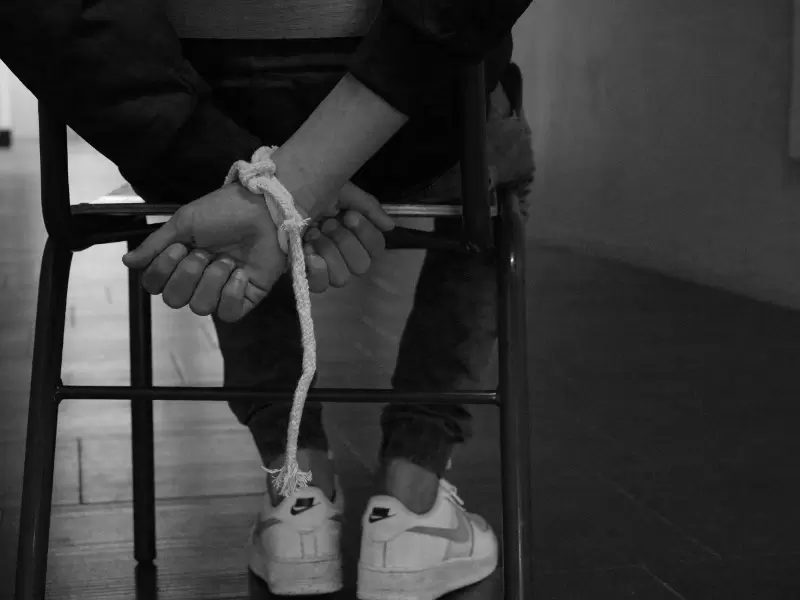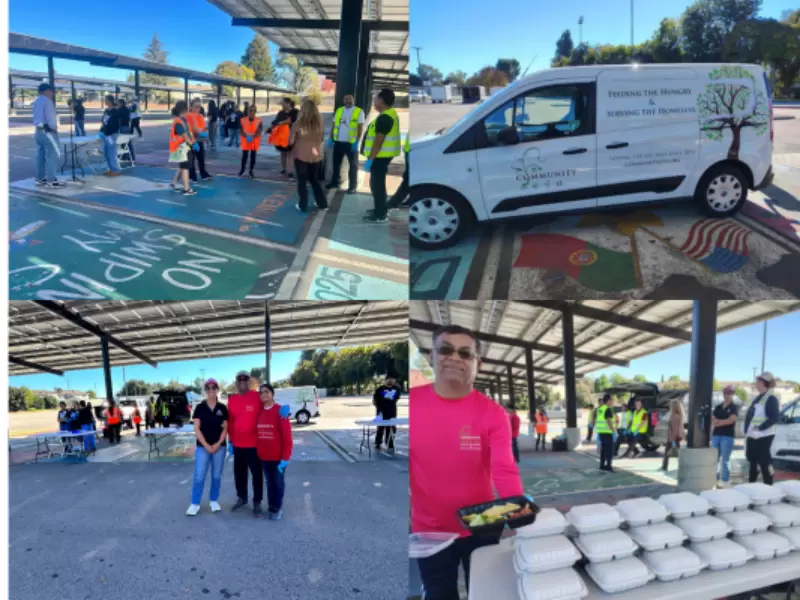Melbourne couple penalized for enslaving Indian woman
The couple’s property and earnings were seized through Australia’s proceeds-of-crime framework after the victim was rescued.
 Representative image / Unsplash
Representative image / Unsplash
A Melbourne couple convicted of enslaving an Indian woman for eight years was ordered to forfeit the proceeds of their home sale and pay a combined $140,000 in pecuniary penalties to the Commonwealth, following a long-running criminal assets investigation.
The Australian Federal Police-led Criminal Assets Confiscation Taskforce (CACT) restrained the couple’s Mount Waverley property in 2016 under the Proceeds of Crime Act after they were charged with slavery-related offenses.
Also Read: Five Indian nationals kidnapped in Mali
The home was sold that year for $1.4 million. After mortgage deductions and sale costs, about $475,000 in equity was retained by the Official Trustee until court proceedings concluded, before being forfeited in 2022.
The couple—a man now 61 and a woman now 58—were found guilty by a Victorian jury in 2021 of intentionally possessing a slave and exercising powers attaching to the right of ownership, both offenses under section 270.3(1) of the Commonwealth Criminal Code. The victim had arrived in Australia on a tourist visa and was held in domestic servitude for eight years.
The woman was sentenced to eight years’ imprisonment, with parole eligibility after four years, while the man was sentenced to six years, with parole eligibility after three.
In 2023, the Commonwealth Attorney-General approved an ex-gratia payment of about $485,000 to the victim. CACT then pursued pecuniary penalty orders against both offenders for benefits derived from the exploitation.
On Oct. 9, the woman agreed to pay a $100,000 penalty, while the man agreed to pay $40,000, in addition to forfeiting the restrained home equity and accrued interest.
National Manager of Criminal Assets Confiscation, Fraud, and Corruption Stefan Jerga said the result demonstrated the strength of proceeds-of-crime powers.
“This result highlights the unique breadth of the CACT’s work in targeting a wide range of criminal activity, including forced labor, and the importance of the Commonwealth’s Proceeds of Crime Act in preventing offenders from benefiting from their crimes,” he said.
“The successful outcome of this case is a testament to the dedication of the CACT’s highly skilled and determined lawyers and investigators,” he added.
Human Trafficking Southern Command Team Leader Detective Sergeant Daisie Beckensall said the AFP remained firm in its approach to slavery-like offenses.
“If you hold a person in domestic servitude or commit other human trafficking offenses, our investigators will work tirelessly to ensure offenders are found, put before the courts, and removedfrom harm,” she said.
The Commonwealth’s proceeds-of-crime framework enables authorities to restrain and confiscate assets linked to criminal activity, seek pecuniary penalties, and pursue unexplained wealth matters. These civil actions operate independently of criminal prosecutions and can be initiated even in the absence of criminal charges.
Once assets are forfeited, the Australian Financial Security Authority’s Official Trustee liquidates them, placing the proceeds into the Confiscated Assets Account. Funds may then be distributed by the Minister for Home Affairs to support crime-prevention programs, community initiatives, and law-enforcement projects across Australia.
Court documents and earlier reporting show the victim, a woman from the Indian state of Tamil Nadu, travelled to Australia in 2007 on a one-month tourist visa. Soon after arrival, the couple confiscated her passport and forced her into domestic servitude. She cooked, cleaned, and cared for the couple’s children without pay, freedom, or access to medical support.
In July 2015, her condition deteriorated so severely that she collapsed inside the family’s home. Emergency responders found her weighing around 40 kg, unable to walk, and suffering from untreated diabetes and sepsis. She was admitted to intensive care and later transferred into long-term care due to her extensive medical complications.
Her extended disappearance had worried her family in India, who made repeated inquiries but received little clarity. Reports at the time highlighted that she overstayed her visa for years without adequate monitoring by immigration authorities. During sentencing, the judge criticized systemic failures that allowed her exploitation to continue unchecked.
ADVERTISEMENT
ADVERTISEMENT
E Paper
Video



 Malvika Choudhary
Malvika Choudhary








.jpg)


Comments
Start the conversation
Become a member of New India Abroad to start commenting.
Sign Up Now
Already have an account? Login